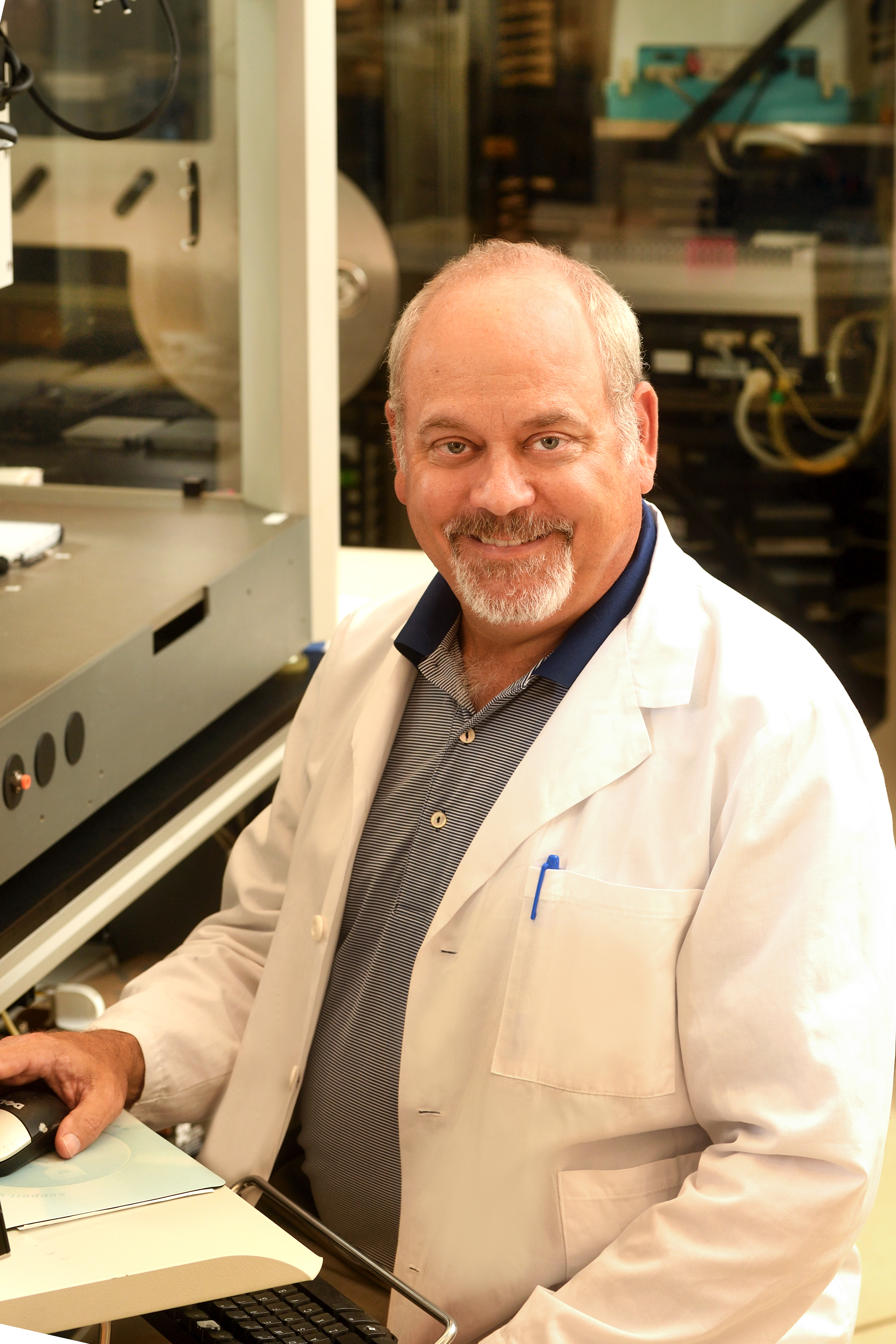
T J Murphy, PhD
Associate Professor
Emory University School of Medicine
Office: 5031 Rollins Research Center
Phone: 404-727-2467; Lab Number: 404-727-2466
Fax: 404-727-0365
Email: medtjm@emory.edu
Education
- PhD, Pharmacology, University of Missouri-Columbia, 1988
- Postdoctoral Fellow, Molecular Biology, NIH, 1988-1989
- Postdoctoral Fellow, Molecular Biology, Division of Cardiology, Emory University, Atlanta, Georgia, 1989-1991
Biography
Research Area:
Signal transduction and the regulation of gene expression
Signal transduction and the regulation of gene expression
Research Interests:
My group is interested in how vascular smooth muscle and endothelial cells, which play a crucial role in vascular pathogenesis, respond to diverse classes of extracellular stimuli that have been implicated in vascular disease progression. A handful of model genes are under study sharing the same general feature in that each is controlled by multiple classes of extracellular stimuli, such as hormones and autacoids, growth factors and cytokines. We emphasize the mechanisms involved in regulating these genes, and focus particularly on how these genes can coordinate cascades of information arising through activation of multiple signaling pathways. This represents an emerging general problem in cell biology that we define as signal discrimination: how cells make sense of the noise that is generated in extracellular and intracellular space. A specific problem under investigation is on the regulation of angiotensin II receptor mRNA stability as a model for post-transcriptional gene expression control. Another project focuses on the roles played by a multimeric transcriptional co-activator complex called NFAT in regulating the induction of a few immediate early gene targets in these cells.
My group is interested in how vascular smooth muscle and endothelial cells, which play a crucial role in vascular pathogenesis, respond to diverse classes of extracellular stimuli that have been implicated in vascular disease progression. A handful of model genes are under study sharing the same general feature in that each is controlled by multiple classes of extracellular stimuli, such as hormones and autacoids, growth factors and cytokines. We emphasize the mechanisms involved in regulating these genes, and focus particularly on how these genes can coordinate cascades of information arising through activation of multiple signaling pathways. This represents an emerging general problem in cell biology that we define as signal discrimination: how cells make sense of the noise that is generated in extracellular and intracellular space. A specific problem under investigation is on the regulation of angiotensin II receptor mRNA stability as a model for post-transcriptional gene expression control. Another project focuses on the roles played by a multimeric transcriptional co-activator complex called NFAT in regulating the induction of a few immediate early gene targets in these cells.
Publications
- View publications on PubMed

